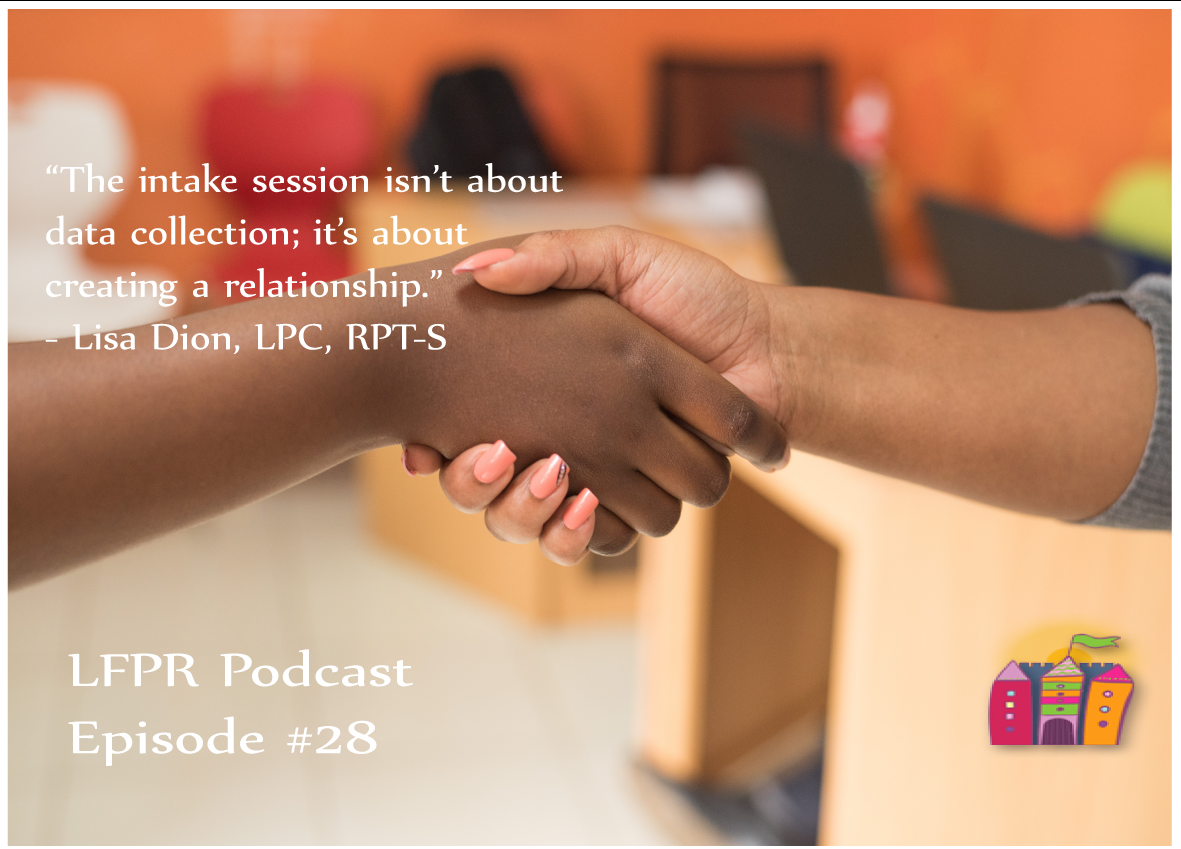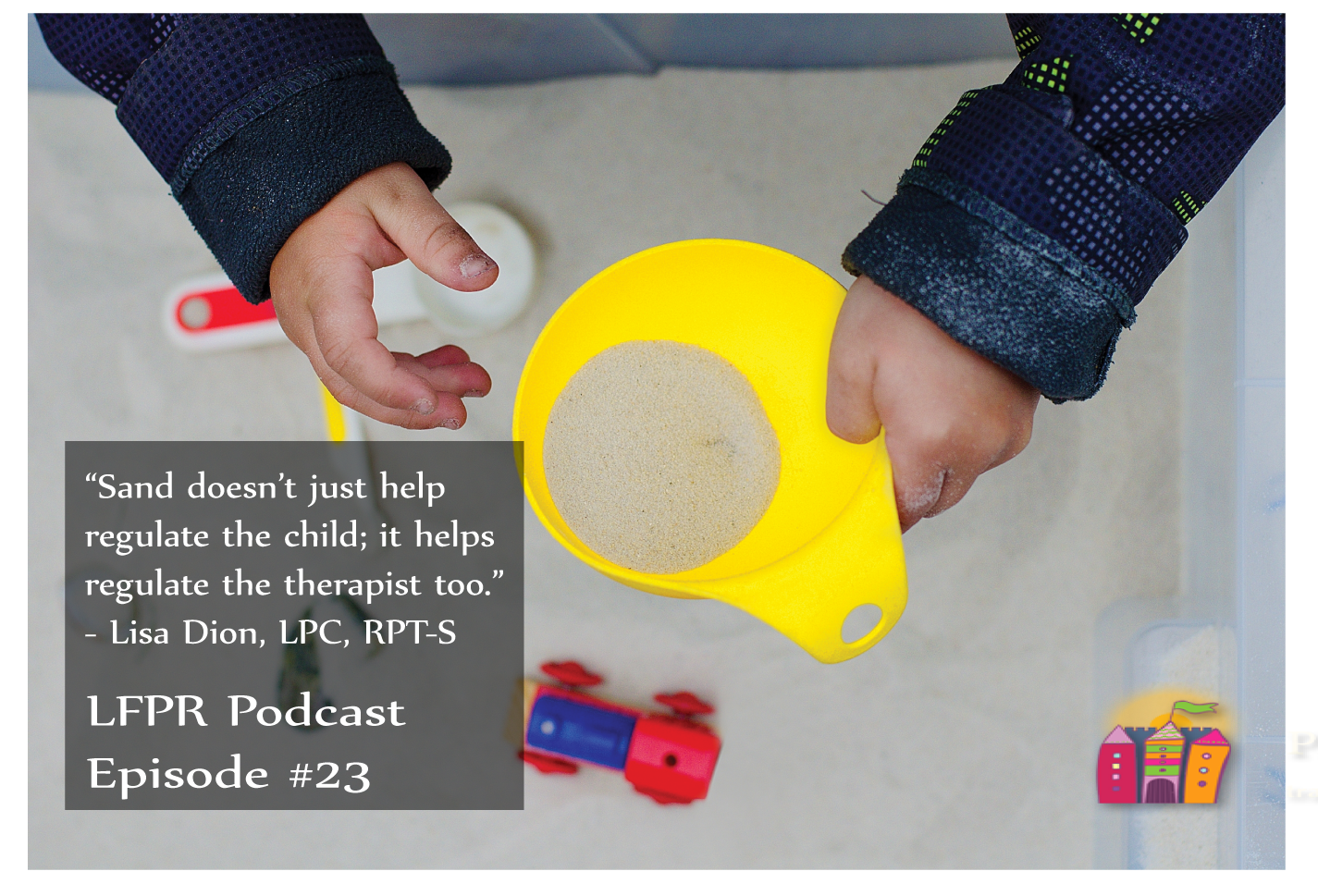The intake session is a vital part of play therapy. But it’s not all about educating parents about the process and their involvement; it’s also about the nervous system – yours and mom and dad’s.
1:38 The intake process is part of every therapist’s experience
3:30 What are intakes about? How much information can we pack into a short time?
4:21 How do we avoid information overload?
4:39 Anxiety in parents and guardians
6:15 Dysregulation in the parents
6:39 Why is providing too much information to the parent detrimental to the process?
7:50 The role of the therapist as the external regulator in the room
8:15 Parents often “borrow” the nervous system of the therapist, requiring you to access your prefrontal cortex
9:21 How do we organize the information while keeping left versus right brain in mind?
10:11 Dangers of not orienting the parent properly
10:35 How can you introduce your time together?
11:50 Why is it so important to tell parents what lies ahead?
13:50 Right brain parent versus left brain parent
15:00 The dangers of keeping the intake too process-oriented
15:39 The four threats of the brain
16:05 If you judge a parent or their child, they will feel it
16:53 What are two of the most important steps in the intake process?
17:55 Don’t get caught up in learning everything you can
18:23 Data collection versus creating a relationship
19:33 Bringing in audio and visual and providing something tangible (such as a pamphlet or a diagram)
20:15 What are your intake tricks?






